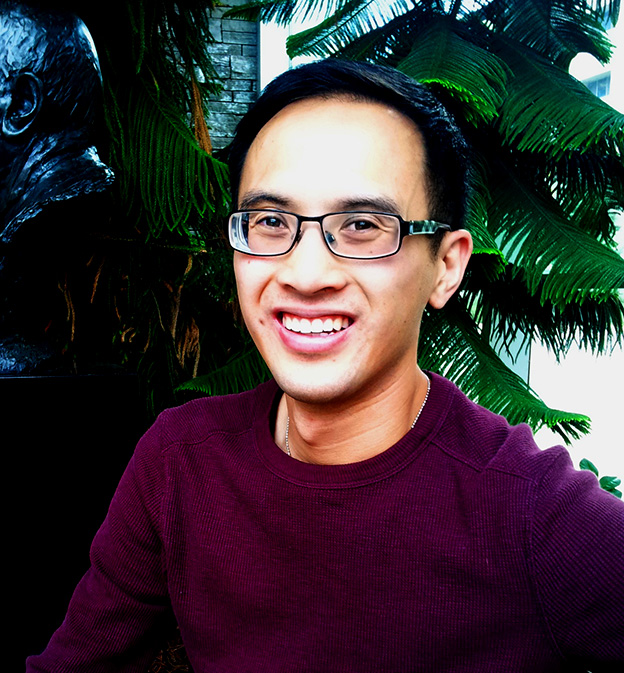Tracing the genetic roots of autism

Our brains are one of the most fascinating organs of the body, says neuroscientist and PhD candidate Jonathan Lai, who is researching autism and the developing brain.
“Each child with autism is unique,” says Jonathan Lai, a neuroscientist and PhD candidate at McMaster, who is researching the genetic underpinnings of the disorder. “Individuals with autism are as different from one another as all the rest of us.”
As an example, Lai contrasts a 12-year-old boy with autism who takes university courses in astrophysics and has an IQ higher than Einstein’s – with another autistic individual who isn’t able to cope with day-to-day events or learn simple math.
The characteristics they share, though, are repetitive actions (such as hand flapping and rocking back and forth), as well as difficulties in social communication.
Lai explains that autism is a developmental disorder that continues to perplex scientists, doctors and parents alike.
“Something happens to the brain when it’s growing – and these events can change the trajectory of the brain’s abilities,” he says. Influences can be genetic or environmental, or an interaction between the two.
“My research focuses on the genetic side of the story,” says Lai, whose thesis advisor is Jane Foster, associate professor in the Department of Psychiatry and Behavioural Neurosciences in the Faculty of Health Sciences, and a member of the Brain-Body Institute, St. Joseph’s Healthcare.
A 2011 Vanier Scholar, Lai has received a number of honours, including a travel award named in memory of Lillian Rose Stegne (BScN ’62). This donor-funded support gave Lai the opportunity to present his research at a neuroscience conference in San Diego. “These awards help us to be exposed to the most current research, talk to other researchers face-to-face, share problems and spark further ideas. It’s very encouraging.”
Lai was a finalist in the 2014 “Three-Minute Thesis” (3MT) competition, a university-wide event for graduate students and postdoctoral fellows to present their research in three minutes to a panel of judges from the broader community.
He hopes his research will contribute to a better understanding of the genetic influences on the developing brain. “By understanding the root causes of autism, we will improve our chances of effectively treating people with autism as individuals.”
RELATED STORIES ON THE DAILY NEWS:
